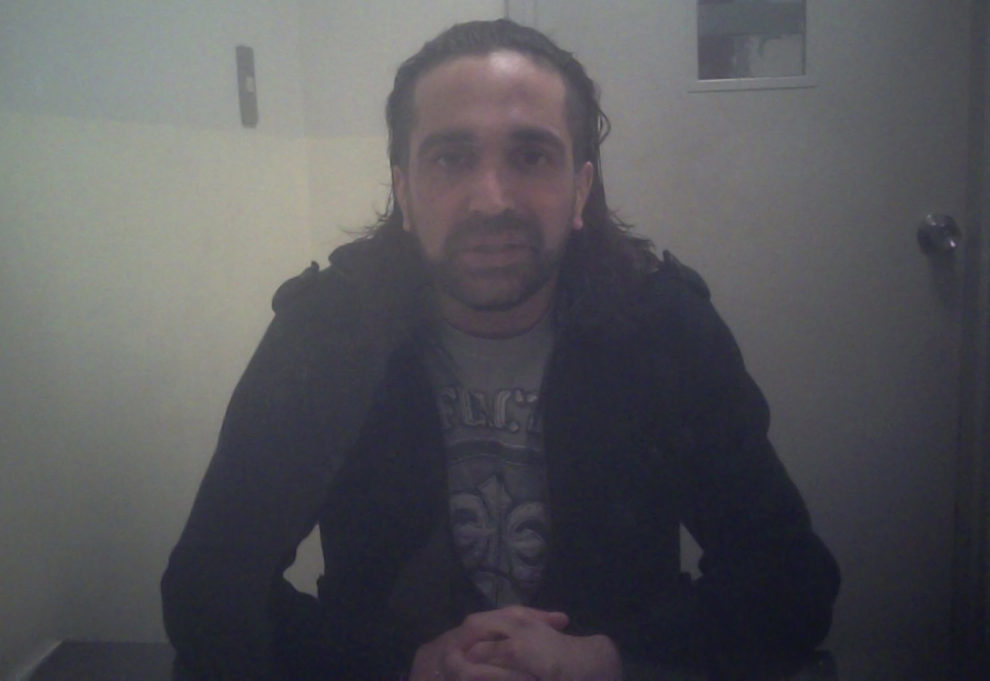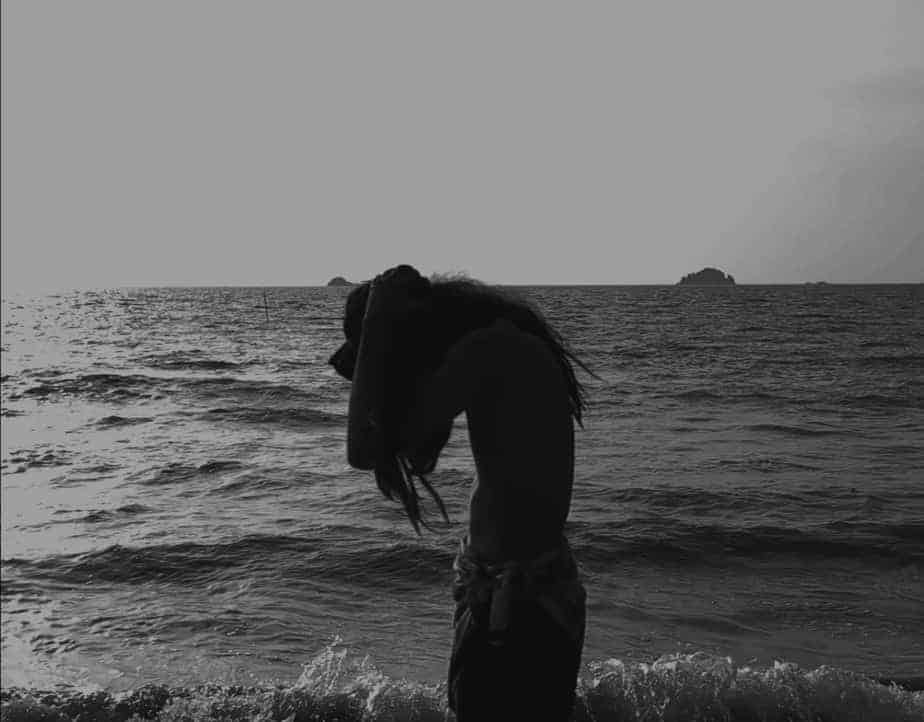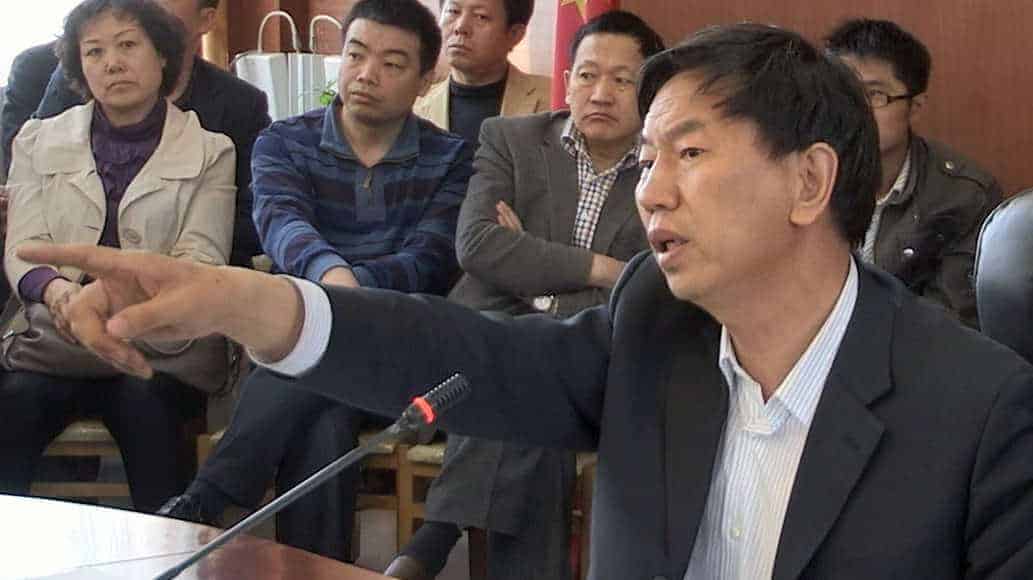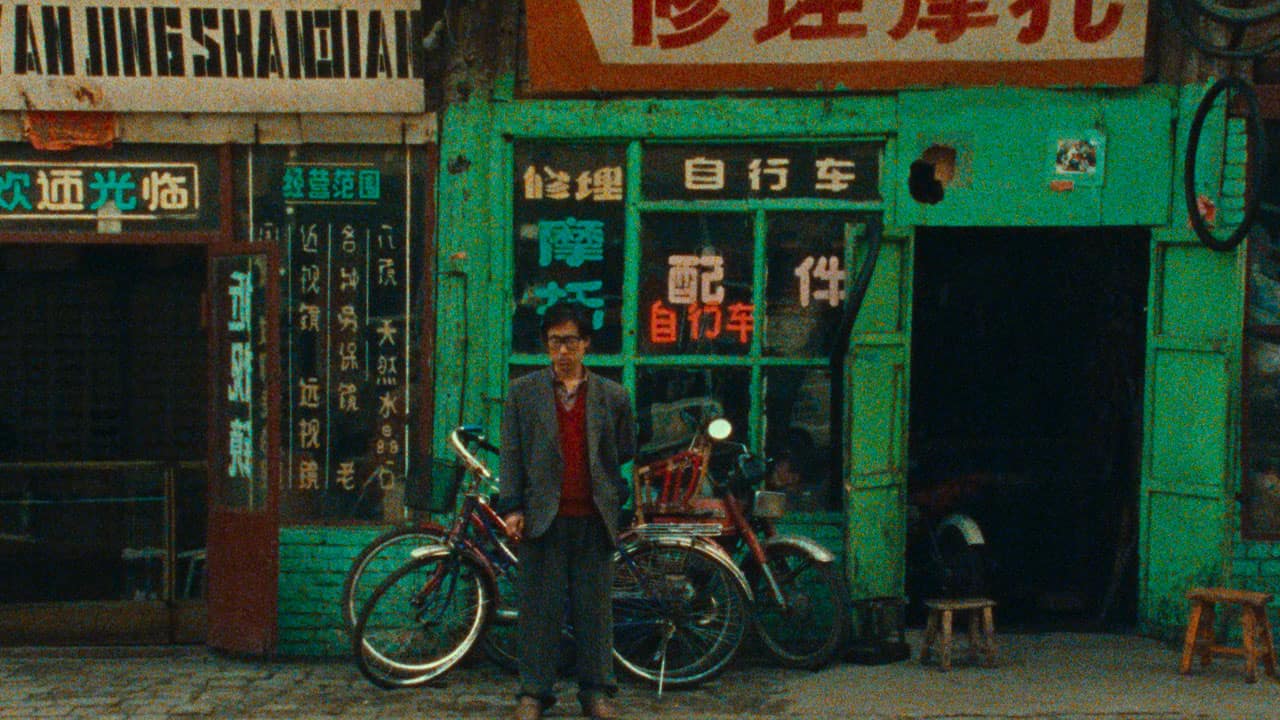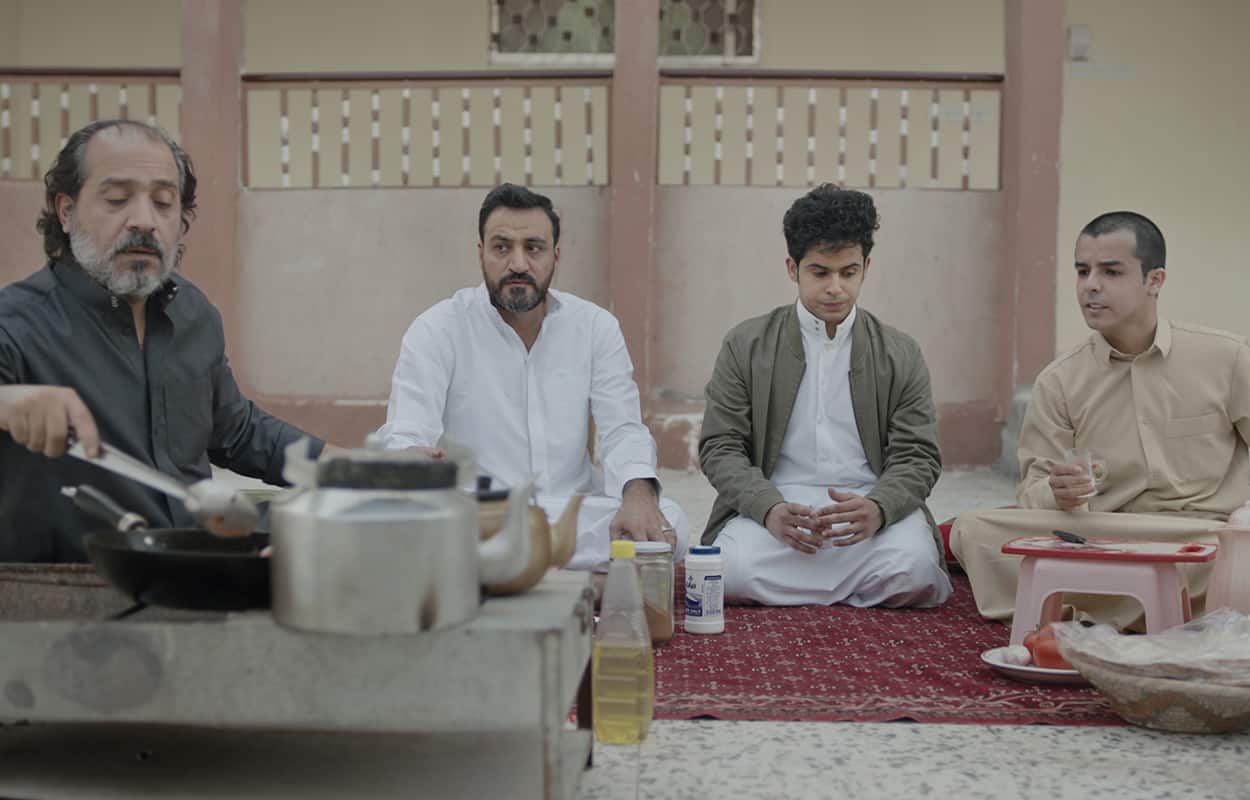Although mass immigration has been an issue for many years, the stream of refugees the world has experienced lately has raised many political and social issues with regard to integration. While some cultures have been very welcoming, others have reacted by closing their borders and implementing very strict immigration policies, and the rise of reactionary, populist movements all over the world is certainly one of the sad repercussions. During the G7 summit in 2017, the participating nations therefore passed guidelines on how to treat refugees humanely with the aim of controlling the issue and also supporting those in search for safety and refuge. Japan has been one of the nations that has signed these guidelines, but the reality is quite different with only a very small percentage of refugees being accepted and others experiencing harsh measures and even violence in immigration centers such as Ushiku, situated close to Tokyo. For his new documentary, Thomas Ash has visited some of its inmates, using a hidden camera, and has uncovered a truth which Japanese authorities would like nothing more than to be hidden.
Ushiku is screening at Nippon Connection

Over the course of several months, Ash has interviewed a number of people who have tried to seek asylum or permanent citizenship in Japan, but have been rejected, thus ending up in facilities such as Ushiku. While their backgrounds vary, their stories share many similarities with regard to their experience with Japanese authorities, as all of them talk about violence by guards, having been denied basic privileges such as speaking to their lawyers or their family, and, in general, an attitude of disrespect or downright disgust of those in charge. Apart from these accounts, Ash includes a number of images, actual photographs and some drawings by Claudio, one of the men he has visited, to support their claims. In the last part of “Ushiku” we see Ash and one of the men, Deniz, talking to politicians and lawyers about the much-needed change in treating refugees.
While the overall aesthetics of “Ushiku” are very minimalist, the documentary does not fail to leave an impression with his viewer. The stories of the men along with the aforementioned images of their treatment or the daily routine, are quite disturbing as they uncover violence, maltreatment and hatred towards these men, who are not even regarded as human anymore. Additionally, their body language stresses the repercussions of these events, physically and mentally, as some of them are on the verge of depression, express suicidal thoughts and a state of exhaustion.
In contrast, the political rhetoric, which we see in the last part of the documentary, expresses a certain level of hypocrisy or simply ignorance. As Ash explains, many people in Japan, including politicians, have forgotten about places such as Ushiku, considering it as some kind of necessary evil to minimize having to deal with integration in the first place. Considering Japanese culture being defined by conformism and traditions, the images and stories in “Ushiku” uncover a disturbing facet in the country's immigration policy, which has failed to address the issue humanely.
In the end, “Ushiku” is a documentary about Japan's immigration policy, its level of hypocrisy and its ugly truth. While it will certainly (and hopefully) start a conversation about the issues and events portrayed in the film, Thomas Ash has also managed a relevant and thought-provoking movie which will undoubtedly leave an impact with its viewer.


